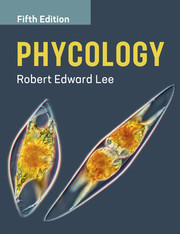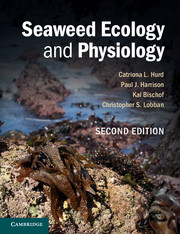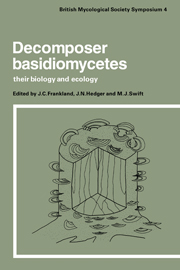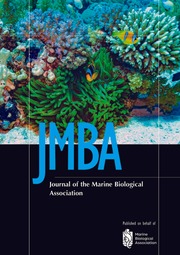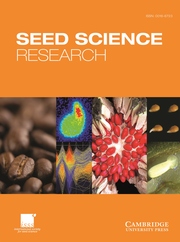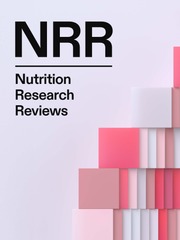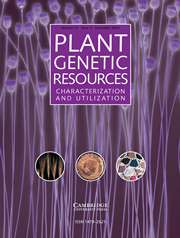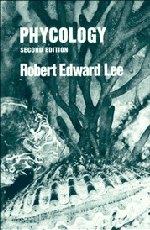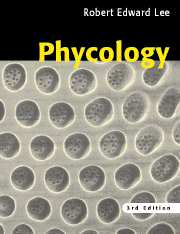Phycology
Phycology is the study of algae, the primary photosynthetic organisms in freshwater and marine food chains. Since the publication of the first edition in 1981, this textbook has established itself as a classic resource on this subject. Aimed at upper-level undergraduate and graduate students in phycology, limnology and biological oceanography, this revised edition maintains the format of previous editions, whilst incorporating the recent developments in the field such as: the potential and challenges of producing algae biofuel; the proliferation of algal toxins; and the development of new molecular tools and technologies on ancestry, phylogeny, and taxonomy of algae.
- Discusses the connection between the surplus of pollutants in waters due to Man's activities and the increasingly high densities of algae growth resulting in blooms of nuisance and/or toxin-producing genera
- Introduces the latest research on algae as a biomass resource, allowing students to learn about the various strands of development in this field and the hurdles that this technology has yet to overcome before it can compete in the fuel market
- Explains how the application of powerful and ultra-rapid nucleic acid sequencing techniques to the problems of phylogenetic studies has led to a greater understanding of the evolution of algal groups and their interrelationships
- Covers the economic importance of algae from their role as primary producers of the aquatic environments to source of food for both animals and humans, and their ability to yield specific chemical products and antibiotics
Product details
April 2018Paperback
9781107555655
546 pages
246 × 190 × 25 mm
1.19kg
427 b/w illus.
Available
Table of Contents
- Part I. Introduction:
- 1. Basic characteristics of the algae
- Part II. The Prokaryotic Algae:
- 2. Cyanobacteria
- Part III. Evolution of the Chloroplast:
- 3. Glaucophyta
- 4. Rhodophyta
- 5. Chlorophyta
- Part IV. Evolution of One Membrane of Chloroplast Endoplasmic Reticulum:
- 6. Euglenophyta
- 7. Dinophyta
- 8. Apicomplexa
- Part V. Evolution of Two Membranes of Chloroplast Endoplasmic Reticulum and the Chlorarachniophyta:
- 9. Cryptophyta
- 10. Heterokontophyta, Chrysophyceae
- 11. Heterokontophyta, Synurophyceae
- 12. Heterokontophyta, Eustigmatophyceae
- 13. Heterokontophyta, Pinguiophyceae
- 14. Heterokontophyta, Dictyochrophyceae
- 15. Heterokontophyta, Pelagophyceae
- 16. Heterokontophyta, Bolidophyceae
- 17. Heterokontophyta, Bacillariophyceae
- 18. Heterokontophyta, Raphidophyceae
- 19. Heterokontophyta, Xanthophyceae
- 20. Heterokontophyta, Phaeothamniophyceae
- 21. Heterokontophyta, Phaeophyceae
- 22. Prymnesiophyta
- 23. Algae and the environment
- Glossary
- Index.

